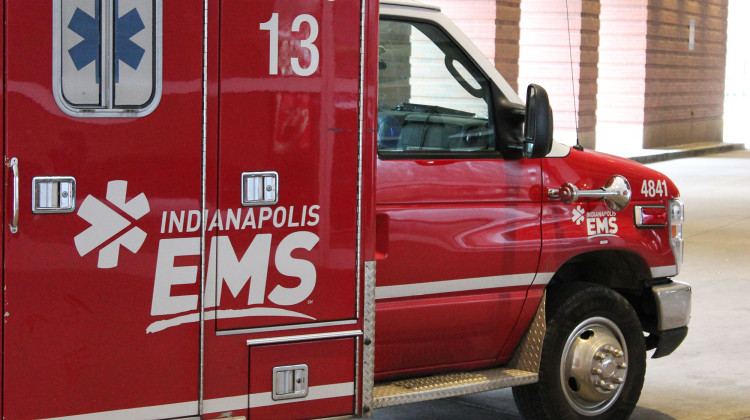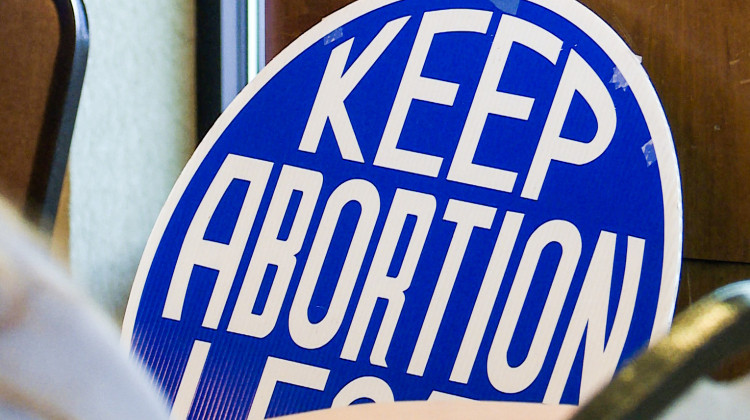Indiana senators are looking to add more restrictions and regulations to county syringe exchange programs, or SEPs.
Four amendments have been added a bill granting counties the ability to set up their own syringe services programs. Currently, the state health commissioner must certify a public health emergency before such a program can be created.
The amendments limit the number of needles an SEP can give out by mandating counties only give out a clean needle if they first get back a dirty one. Other additions stipulate programs must collect and share more data about their members and work more closely with local law enforcement.
Another amendment would prohibit the distribution of anything but clean needles—meaning programs couldn’t give out, for example, sterile cookers or cooker holders.
The Indiana Recovery Alliance’s Chris Abert, who runs Monroe and Lawrence County’s programs, says giving out cookers is necessary, especially to prevent the spread of Hepatitis C, which can live outside the body for weeks on, for example, contaminated spoons or bottle caps used for cooking drugs
“There’s science to back this, and I implore anybody who has a different view to share the data,” he says. “Absolutely, without a doubt, conclusively there’s a need to give out other supplies other than the syringe, particularly with Hepatitis C.”
Republican Sen. Jean Leising, a former nurse, says she’s aware of cross-contamination dangers, but says legislators only had sterile needles in mind when writing the original law.
“There’s probably definitely risks to that,” she says, “but the reality the legislature never thought they were approving all those items.”
Leising says she supported the 2015 bill legalizing the programs. She represents Fayette County, with one of the highest rates of Hepatitis C in the state, she says, but she thinks a line must be drawn somewhere.
“Those of us that supported needle exchange we don’t know if we want to give enabling kits, ok?” she says. “And that’s what some people would call these.”
Leising also says she’s dismayed county syringe programs offer their services to people of any age, expressing worry that, for example, a 16-year-old could use the program to get a sort of starter kit for heroin use.
(Several public health officials pointed out during the bill’s hearing before the Senate Health and Provider Services Committee last week no studies have shown SEPs increase drug use rates.)
Abert says the amendment proposing 1-1 exchange rates would also be detrimental, saying such limitations have been scientifically proven by the National Institutes of Health to lower SEP participation rates. If they were enacted, he says, the Indiana Recovery Alliance’s programs would cease to exist.
“If these amendments were put into place the Indiana recovery alliance would no longer provide syringe services programs,” he says. “It would be again, detrimental, and we’re not here to add to the problem, we’re here to address the problem the best that we can.”
The bill, which passed the House, is now before the full Senate.
 DONATE
DONATE










 Support WFYI. We can't do it without you.
Support WFYI. We can't do it without you.